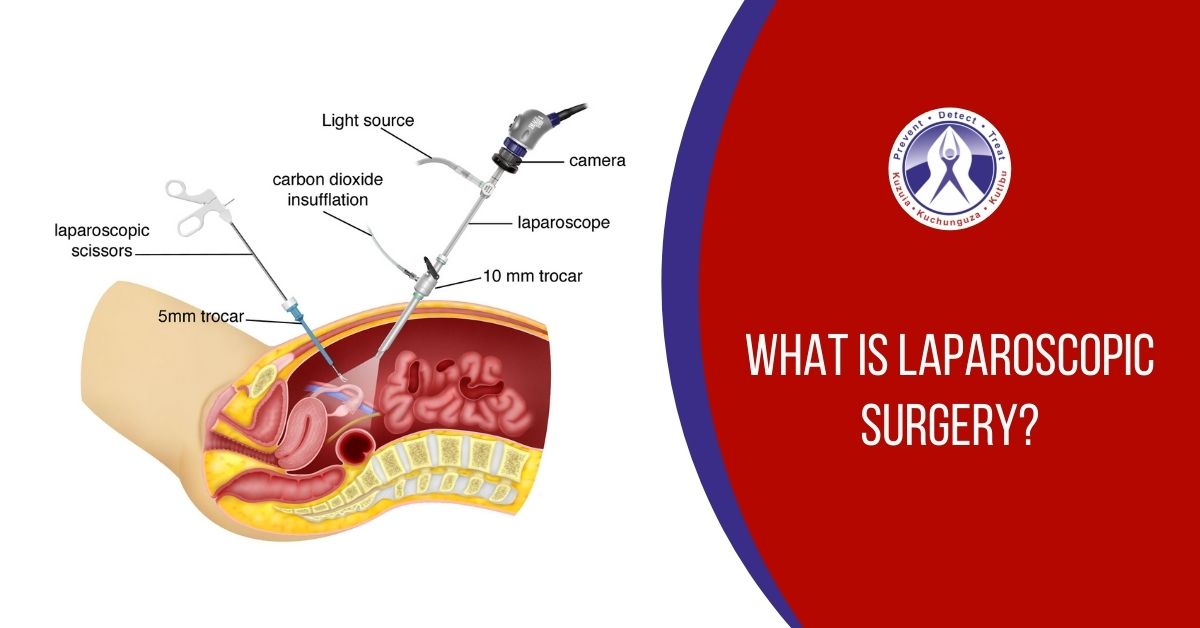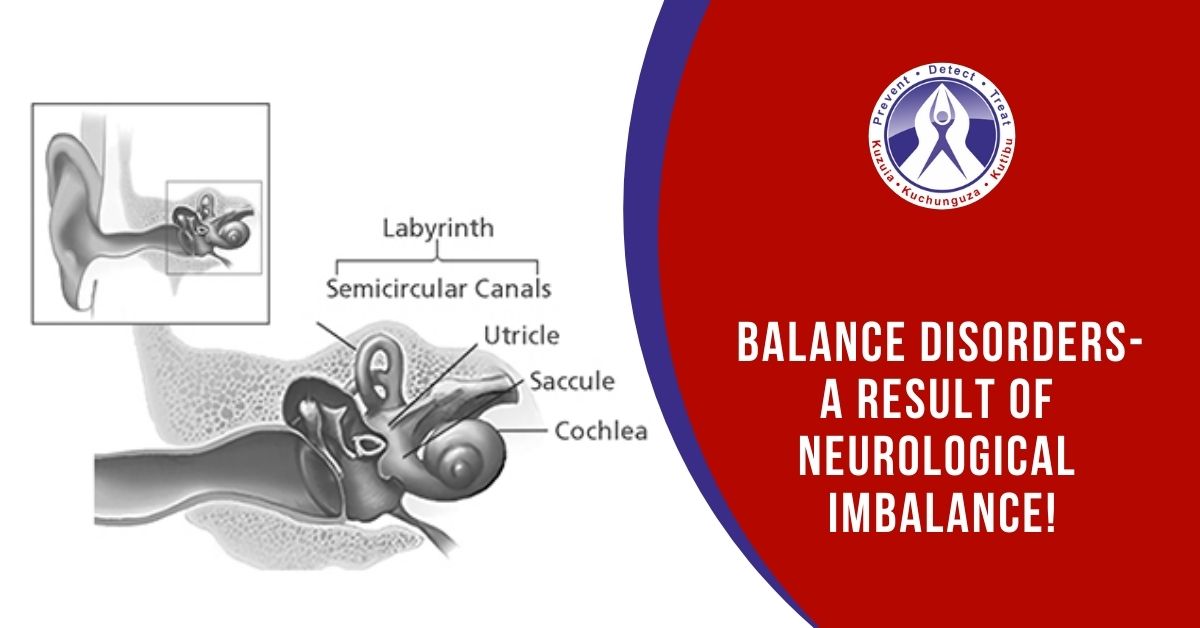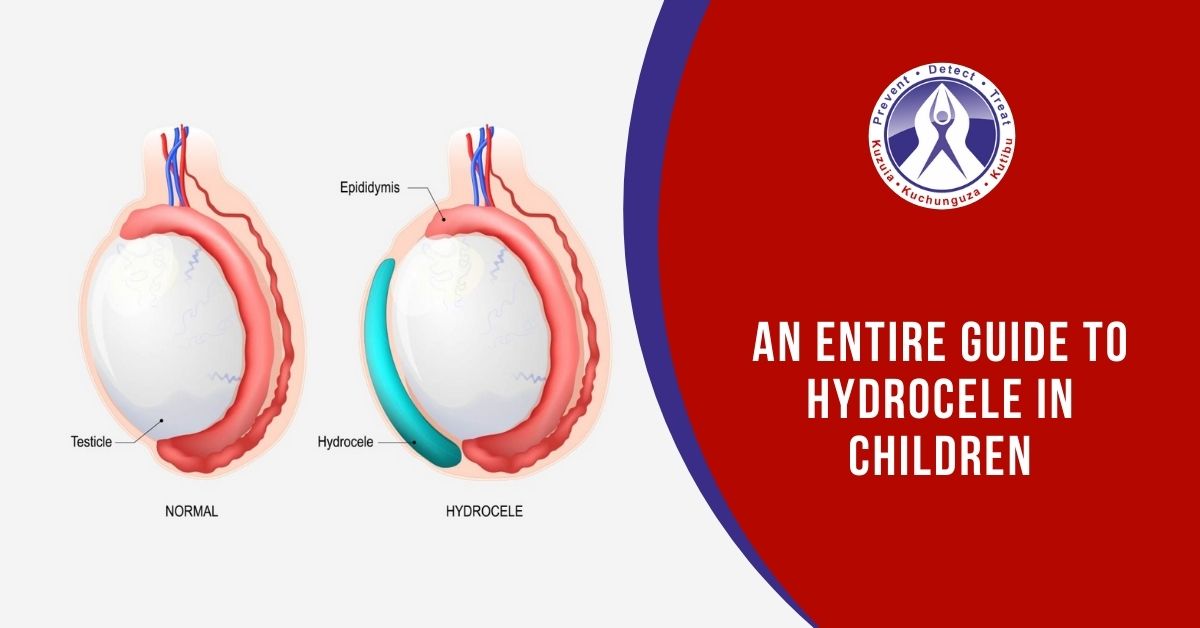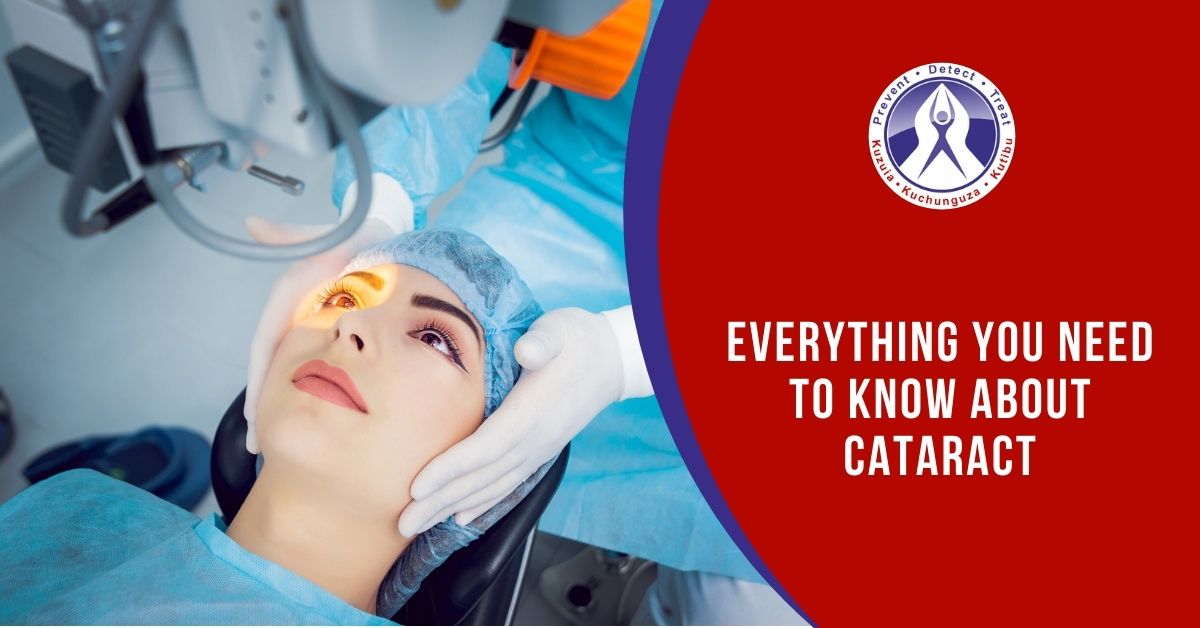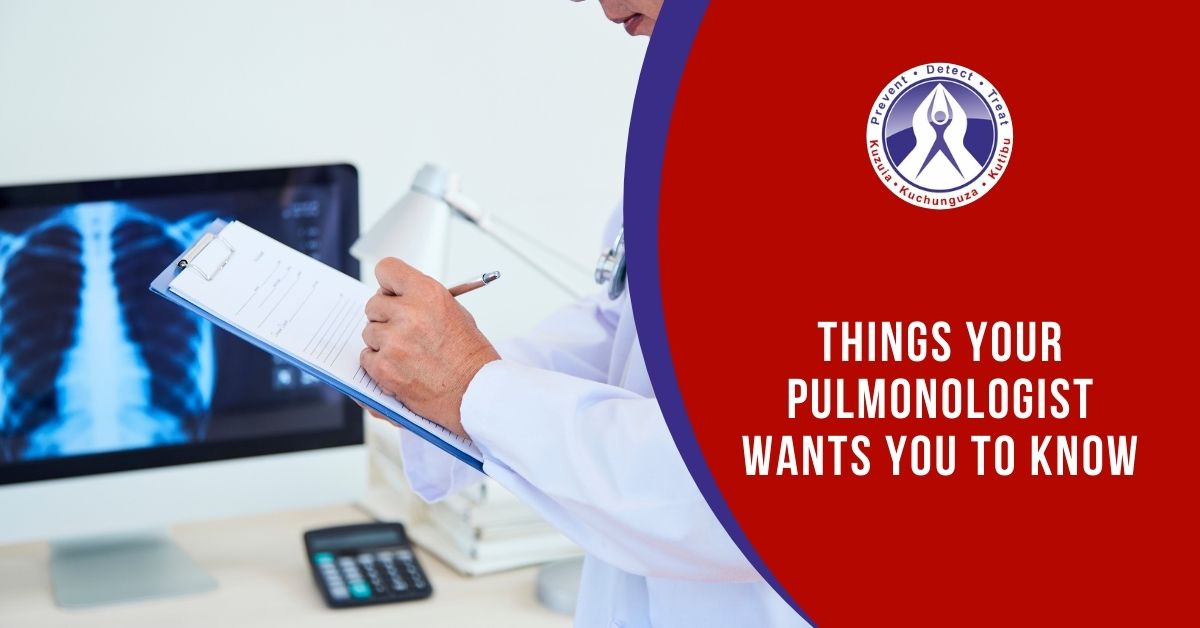Importance of Handwashing in Maintaining Hygiene
177 viewsWashing hands regularly can be the biggest weapon against fighting chronic diseases like Typhoid, Cholera, and Pneumonia. It is the first step towards maintaining proper hygiene and sanitation and having clean hands.
Every year, Regency Medical Center celebrates 15th October as Global Handwashing Day to spread awareness about washing hands at the most critical times. Sanitizing hands with soap before eating food or touching your face is the simplest yet essential step to keep dangerous diseases at bay.
Why Handwashing Matters?
The COVID-19 outbreak has reinforced how important it is to wash your hands. Whenever you wash your hands, you protect yourself from germs. When you stop the spread of viruses at home, you protect your community from infection. You also protect your family from COVID-19 and other virus strains. Washing hands prevents illnesses without even realizing:
- It’s a snowball effect that starts from washing hands, removing germs, preventing illnesses, and spreading an infection to others.
- People often touch their face, eyes, and mouth absent-mindedly. Dirty hands can inject germs into your body through these pores and cause sickness.
- Unwashed hands can also inject germs into the food and drinks while preparing. Some eatables and beverages can also multiply those germs, and when consumed, it can lead to illnesses.
- Germs from your hands can travel to all the other places that you come in contact with. These include any public places like railings, tables, seats, and transfer the germs to others.
- Regular washing of hands at frequent intervals can prevent stomach and respiratory problems and aid in staying away from any skin or eye infections.
Spreading awareness through global days can help make the community stay healthy and contribute to significant drops in sickness among people:
- Educating about hand washing can reduce the number of people with Diarrhea by 23-40%.
- People with low immunity can catch fewer Diarrheal diseases by 58%.
- General sicknesses like cold and other breathing problems can reduce up to 16-21%.
- School-going children can face fewer absences due to gastrointestinal problems by 29-57%.
Make Washing Your Hands Properly a Priority
Thorough handwashing after using the toilet, preparing or consuming food, coughing and sneezing, handling food, visiting others, using a tissue, and coming back home – can bring a lot of changes. Don’t touch your face if you haven’t gotten a chance to wash your hands when out. If you want to sneeze, it’s always a better idea to cover it with your elbow.
Make sure to wash hands in running water instead of standing water. Warm water helps in lathering up the soap better than cold water. However, too much use of hot water may also cause damage to skin cells over time. Using soap instead of water alone is recommended because it can remove more bacteria and organisms housing on your hands. Changing your soap might be helpful if it causes any irritation.
Handwashing Protects Young Children From the Diseases Caused by Germs
According to the WHO, Diarrhea is one of the leading causes of death among almost 5000 children under 5 years of age every day. And the yearly deaths are around 1.8 million among children, with Diarrhea and Pneumonia being top contributors. Handwashing can help in many ways:
- Using soap for washing hands helps in removing germs more effectively.
- Awareness about the benefits of handwashing and easily accessible soap in schools can aid in increasing overall attendance.
- Soap usage can protect at least 1 out of 3 young children suffering from Diarrhea, whereas, Pneumonia infection can go down in almost 1 out of 5.
- Starting handwashing in earlier life stages can also contribute towards better child development.
Concluding Words
Antibiotic resistance that builds up in people due to medicines prescribed for common colds can be reduced by making handwashing a habit. Unnecessary antibiotics and overuse of them is the leading cause of developing antibiotic resistance. Handwashing alone is attributed to the prevention of almost 30% and 20% of Diarrheal and respiratory diseases, respectively.
Alcohol-based hand sanitizer might be effective against some viruses but not gastroenteritis. The best way to avoid gastroenteritis is to wash your hands with soap and water. This is just one part of general hand hygiene. Looking after your skin is important, as it is your biggest barrier against infection. Creating healthy habits starts at your home, and handwashing is one of them.
Talk to our consultants today and book an appointment.

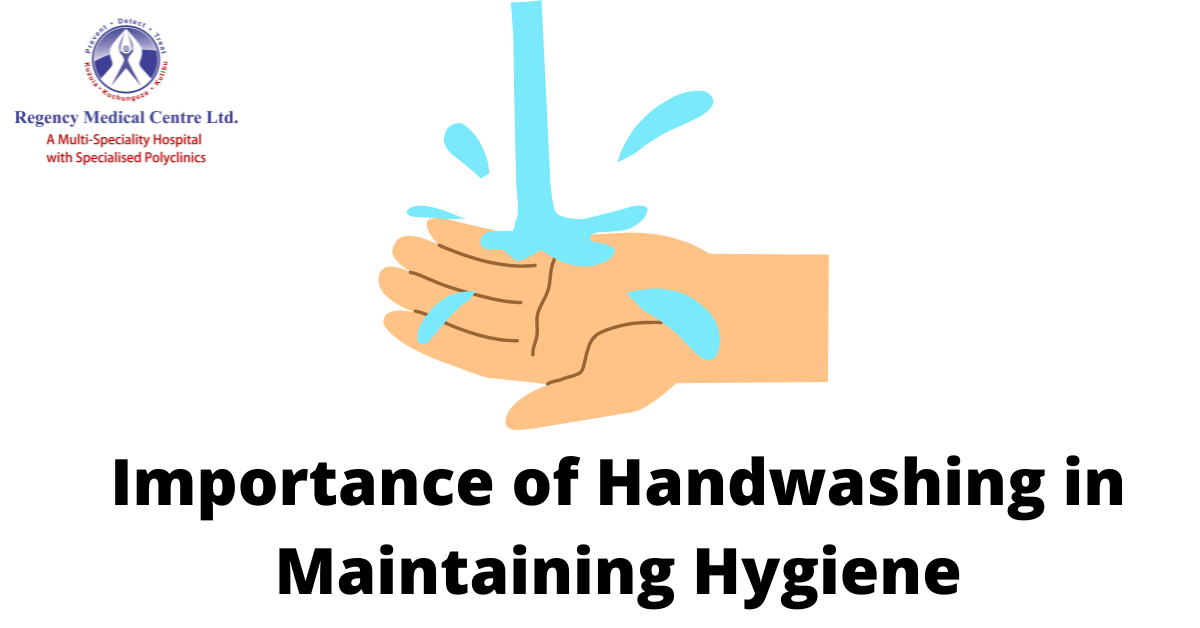
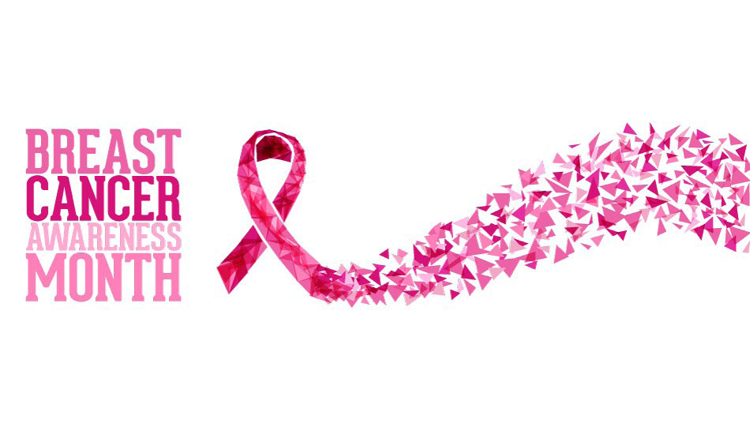

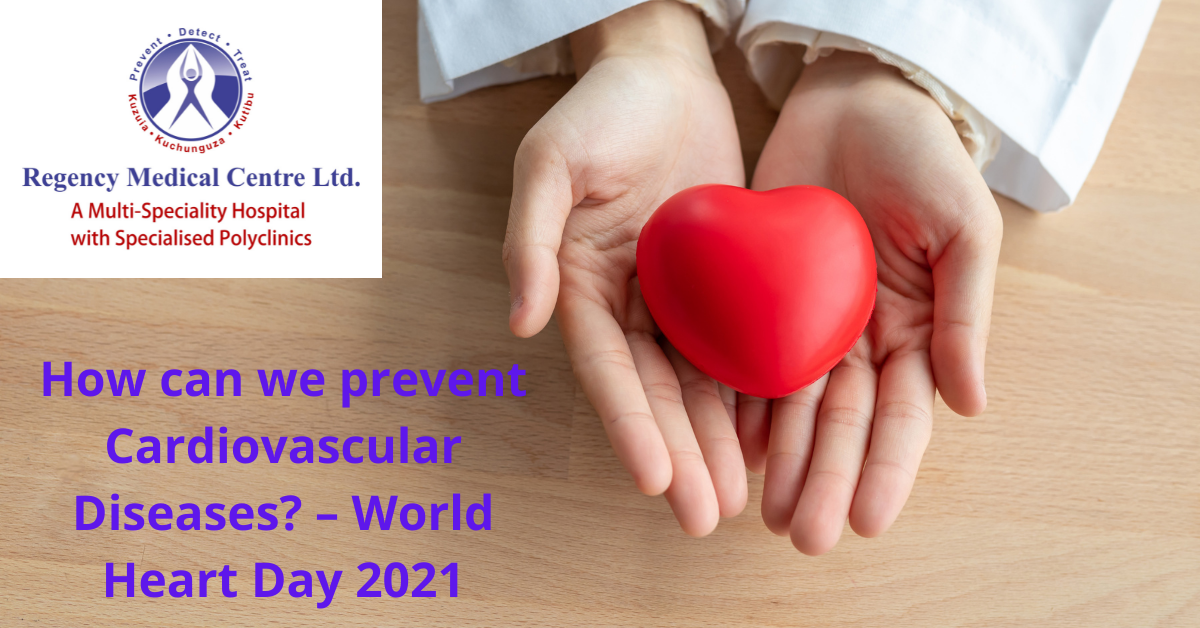
 The Three Types of Preventive Stages for Cardiac Diseases
The Three Types of Preventive Stages for Cardiac Diseases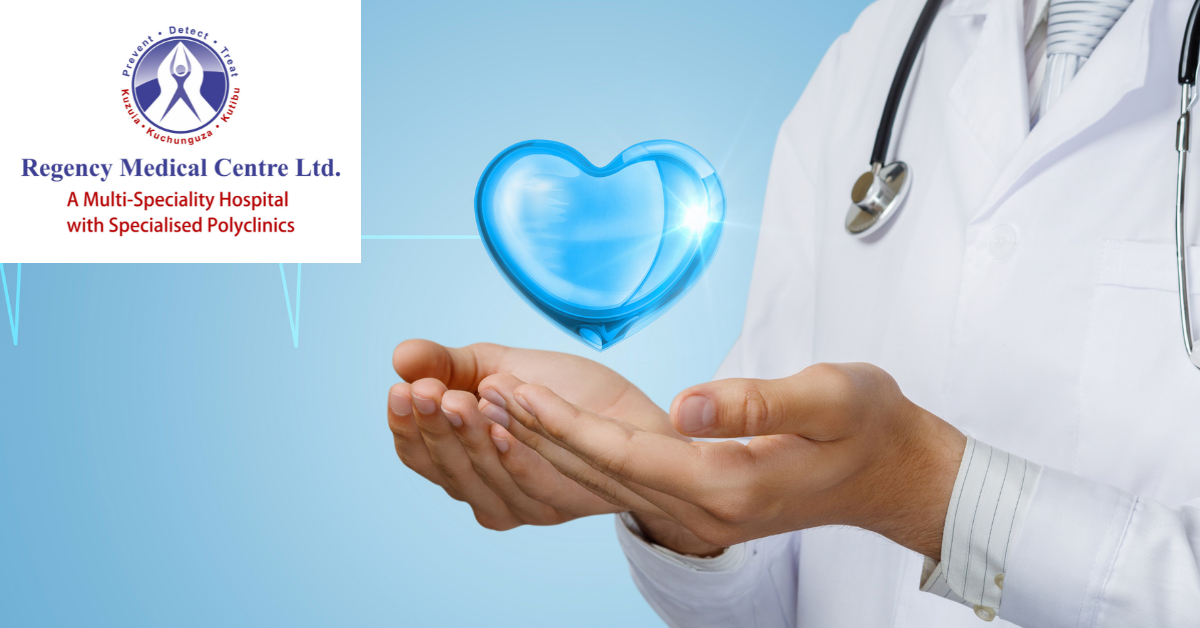 Which Risk Factors You Can Prevent and Control?
Which Risk Factors You Can Prevent and Control?
 Importance of Health Check-ups for Parents
Importance of Health Check-ups for Parents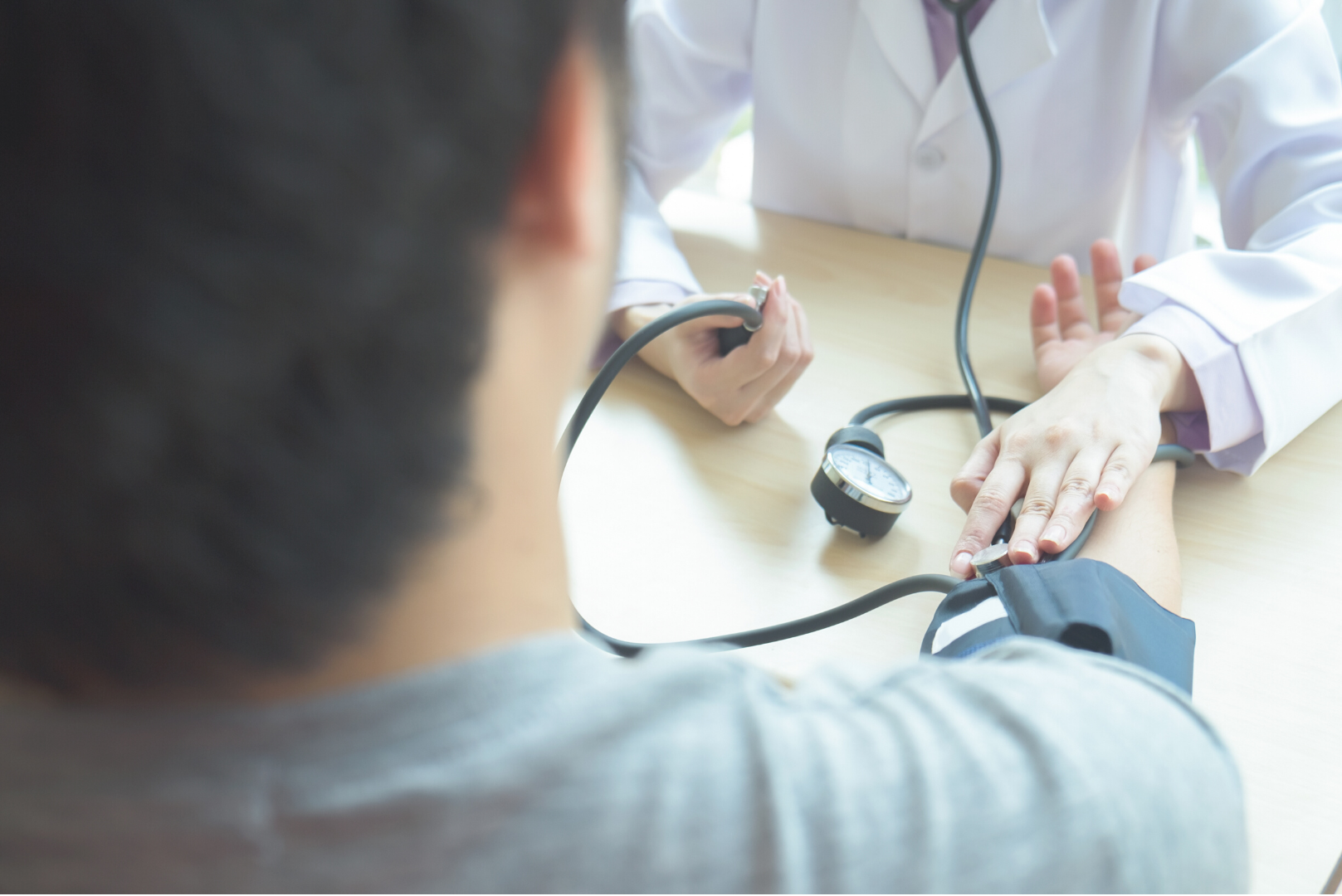 Regular Health Check-ups for Parents Have Immense Benefits
Regular Health Check-ups for Parents Have Immense Benefits